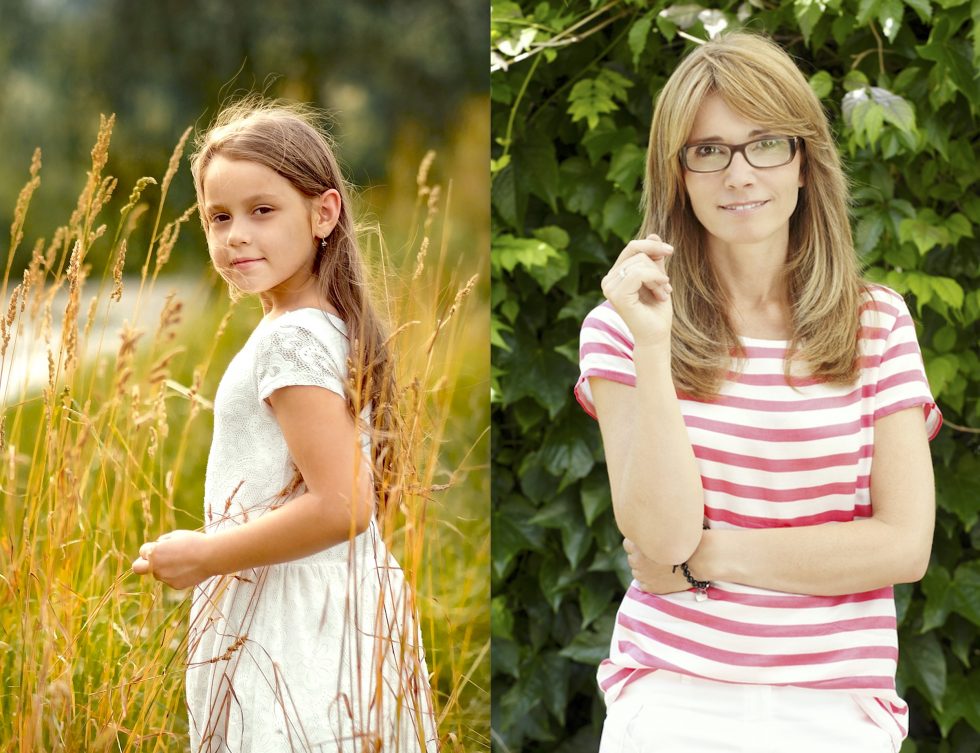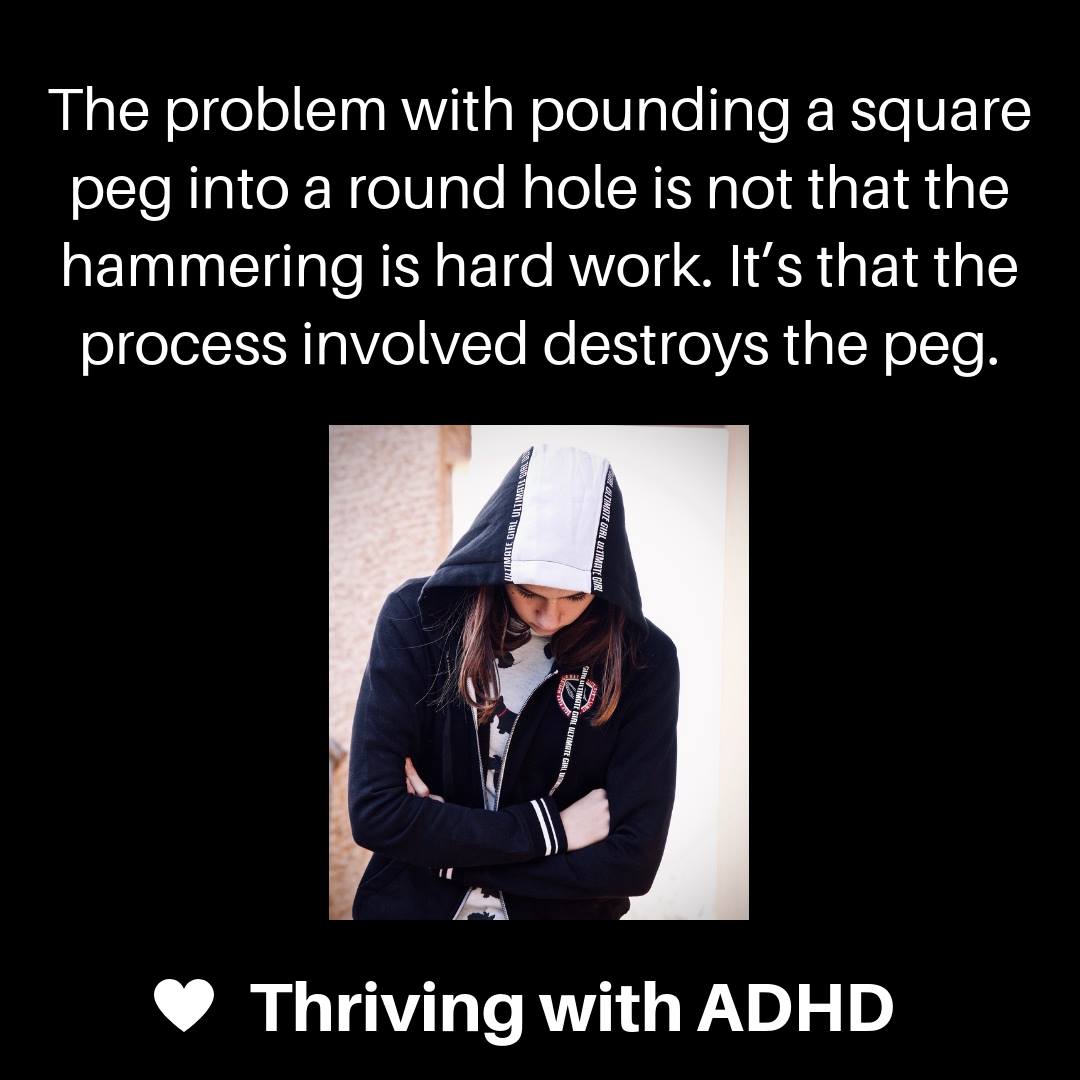
When raising a child with ADHD, what is the end goal?
Although the research tends to focus on symptom control or behaviour management, when raising a child with ADHD this is not the end goal. The end goal is raising a self-aware and well-adjusted individual with ADHD who understands their disorder and accepts themselves fully.
Achieving this goal requires much more than just medication and parenting interventions. It requires that we really understand ADHD so that we can either:
- ensure the expectations we place on children with ADHD are realistic according to their executive function age not their peer age
OR
- put in place scaffolding that helps to bridge the gap between their lagging skills and executive function delay in order to keep them safe and to help them succeed, so that they develop in a healthy manner, reach their full potential and feel good about themselves.
Please note: if parents, teachers or clinicians try to fix a child with ADHD, to eradicate their symptoms, to control their behaviour, or to make them neurotypical, they will be permanently frustrated and disappointed.
Worse still, they will inevitably give the child the message that there is something innately wrong with them – that they are not good enough. For without realising, they will inevitably teach the child to place unrealistic expectations on themselves and as a result increase the chance they will go on to live their life comparing themselves to others, feeling like a failure and constantly beating themselves up. This is a slippery slope to anxiety and depression, eating disorders, drug and alcohol dependence, self-harm and suicide.
When you have unrealistic expectations of children with ADHD and do not understand their disorder on a deep level, you also run the risk of resorting to punitive punishment in an attempt to teach them a lesson or to control them. But you cannot punish the ADHD out of a child. In fact, disciplining a child with ADHD for behaviour that is a sign of their developmental delay and lagging executive function skills will only crush their self-esteem, foster shame and exacerbate their challenges. They are also more likely to develop oppositional and defiant behaviour.
Please do not get me wrong. I’m not saying ADHD should be considered an excuse and that we should drop all expectations placed on children with the disorder.
We still need to ensure children with ADHD develop in a healthy manner, can learn and achieve success academically and behave in a socially acceptable ways, so they can integrate successfully into society and feel good about themselves.
The end goal remains the same. It’s just the way we get there that needs to change.
Much love xxx





Add A Comment